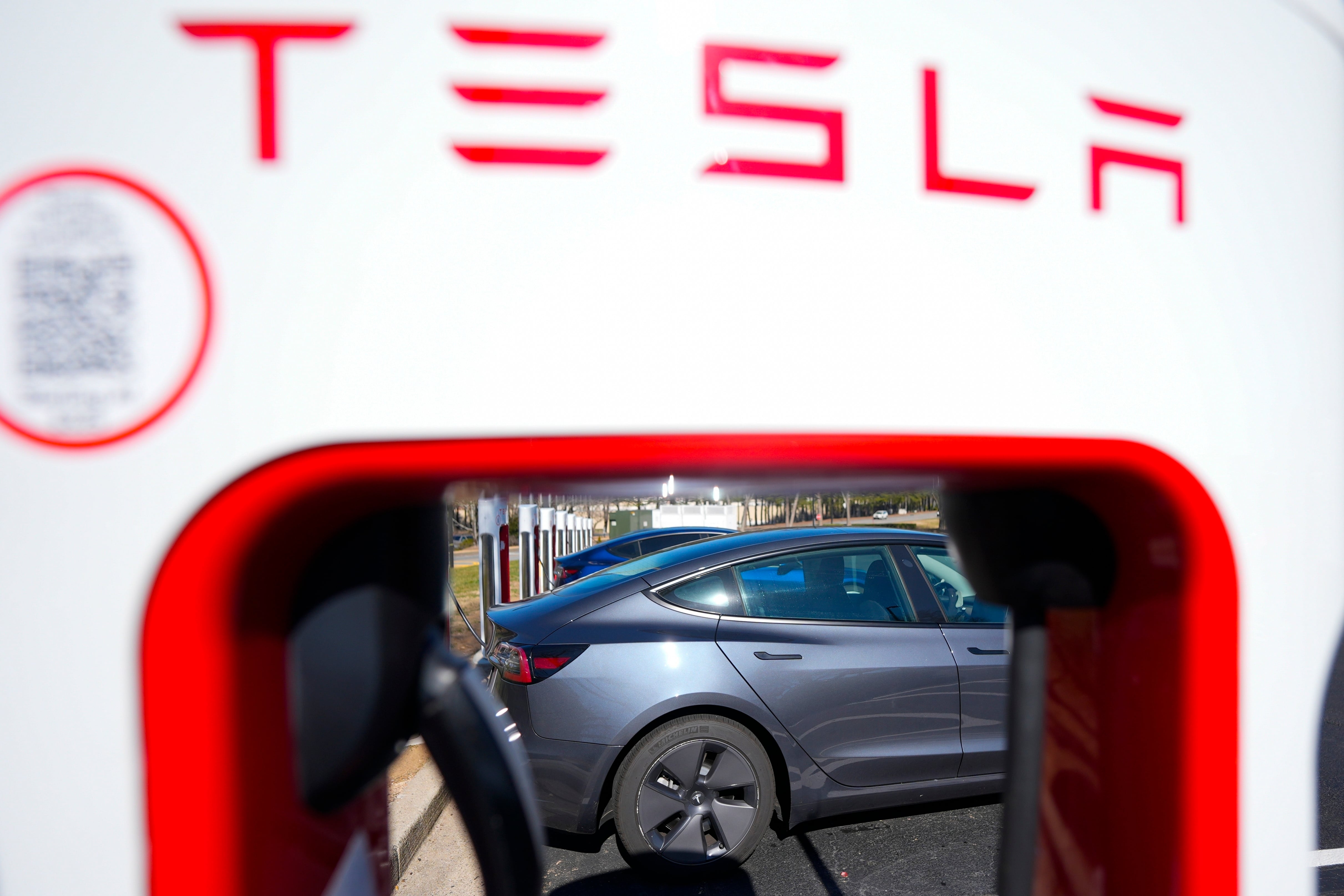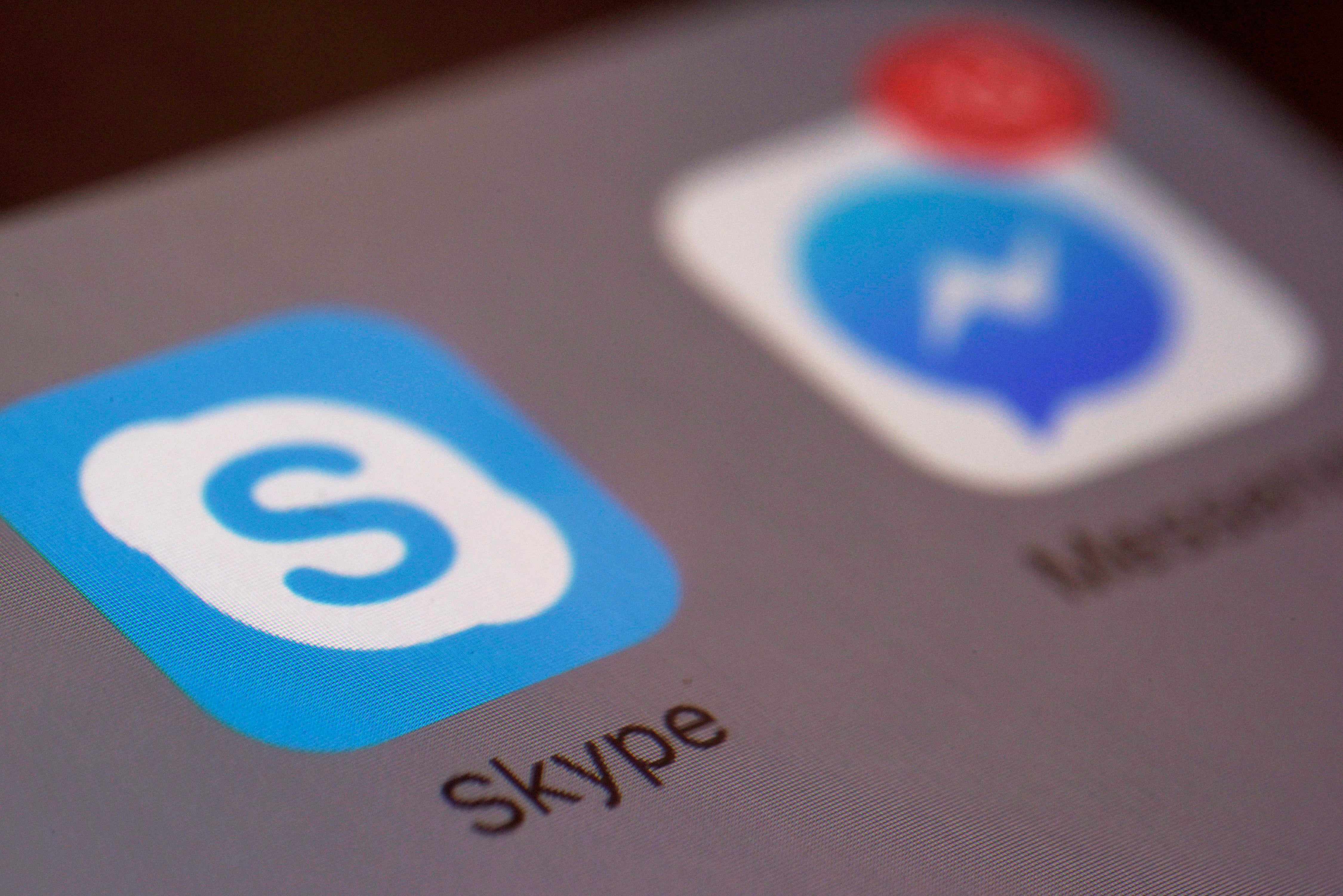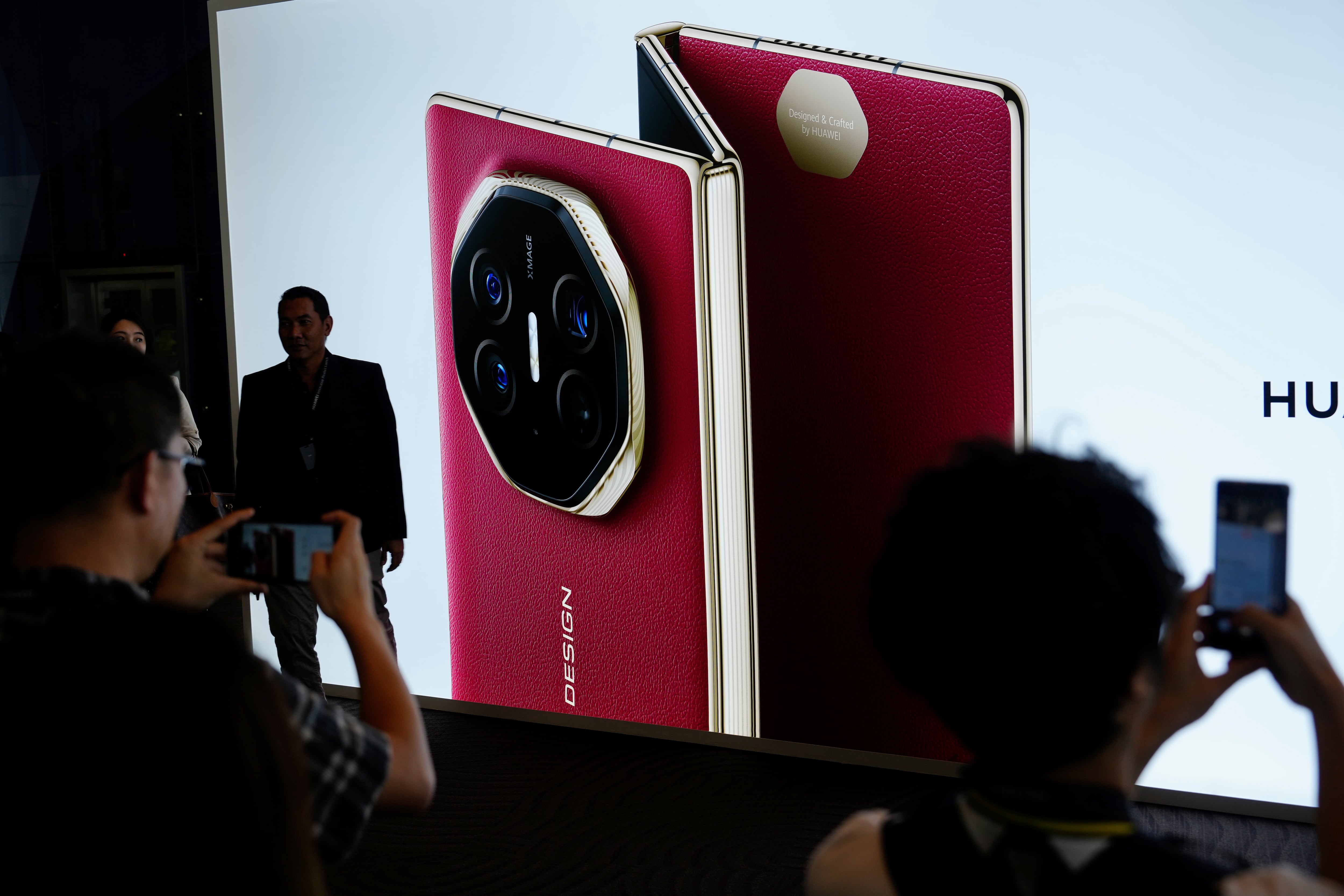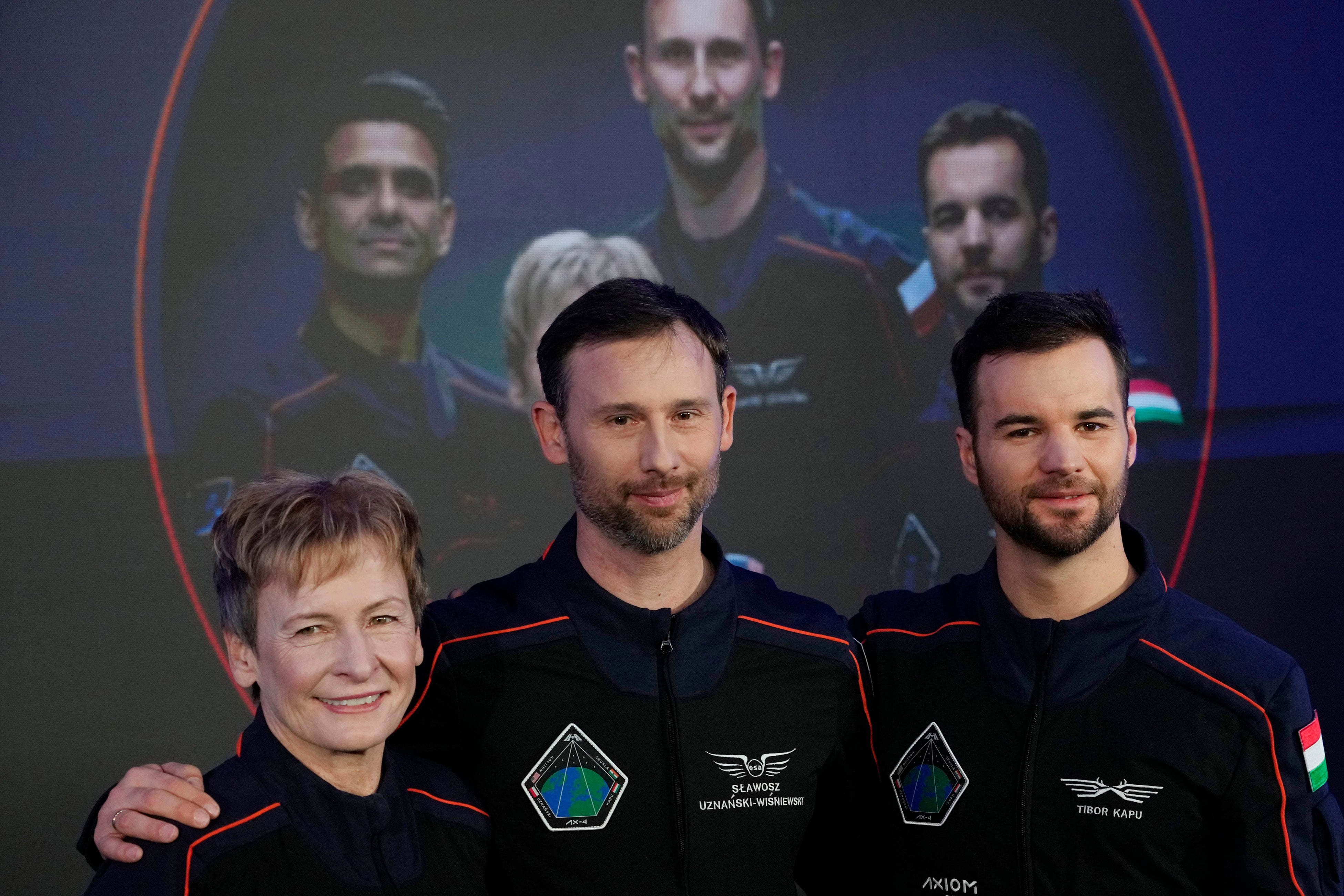By Zane Bhansali Mike Sepso is a gilded name in esports. His latest win? The senior VP of Activision Blizzard was recently appointed a strategic partner of Overwatch team league Excelsior. And he also happens to be the leader of Major League Gaming, which he founded with partner Sundance DiGiovanni in 2002. But before he assumed his throne, Sepso conceived MLG during a single lazy summer when he and his partner were basking in the glory of their previous company, Gotham Broadband. "What we wound up doing a lot of was playing 'Halo' competitively against each other and other people and going to Yankees games," he told Cheddar of that period. "And somehow, over the course of lots of games of 'Halo' and winning some money from the guys that lived down the hall from Sundance, lots of Yankees games, and sort of thinking about it, the idea for MLG came together." Sepso may sit above most in the esports stadium, but he's still able to spot all the changes from his perch. "I think you have the new world of the gaming industry ー it's different," he said. "The old genres don't really matter anymore." He distinguished the most popular titles by their goals, and said "Overwatch" was "built for esports" and Epic Games' phenomenon "Fortnite" was "made for broadcast and streaming." Of superstar streamer Ninja and his game of choice, he said, "I think it's sort of a symbiotic relationship. I don't think Ninja would be playing 'Fortnite' if there weren't a lot of people interested in watching." And of course, it's all about the fans. "I think part of it is he just got really, really good at streaming and developed a really good rapport with this fanbase. And then this game came out, and it was sort of perfectly attuned to him." But, Sepso said, it's also a matter of skill and expertise. Ninja, among other things, has mastered his craft. "It's rewarding if you're a really skilled player, and certainly he's got a long history of being a very skilled player and very practiced."












